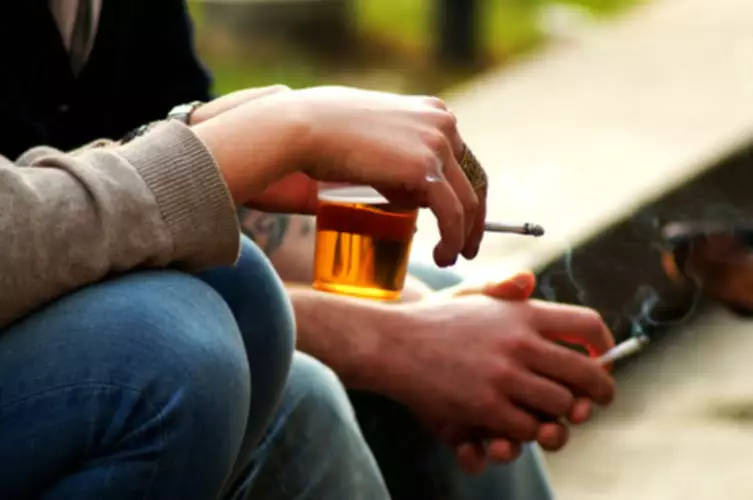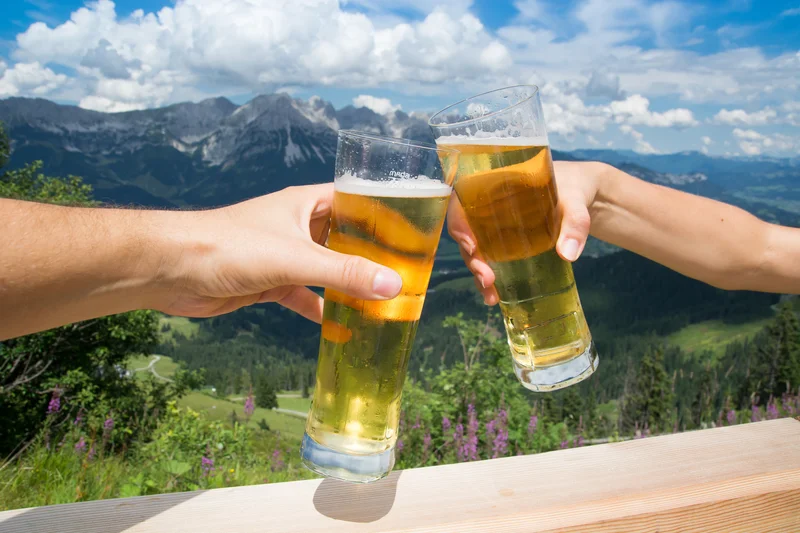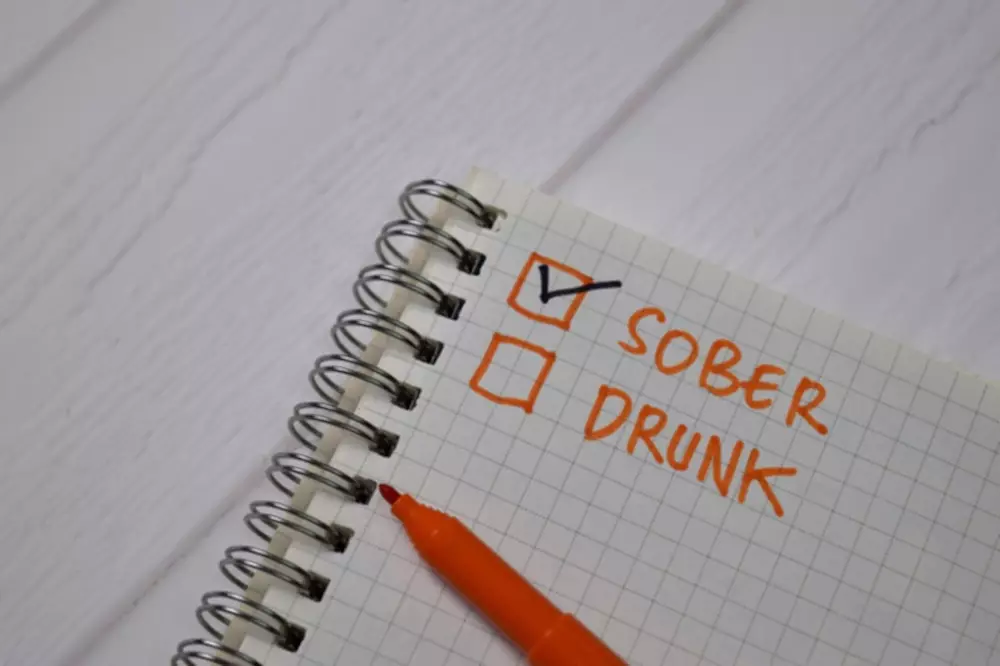
At Porch Light Health, we are committed to supporting individuals on their journey to overcome struggles with substance use in Colorado and New Mexico. Our network of clinics offers over 60 points of care, including mobile and walk-in clinics and telehealth. Our goal is to provide recovery and rehabilitation to as many patients as possible and help them fully recover to a https://ecosoberhouse.com/article/sober-life/ life beyond addiction. Quitting binge drinking is challenging, especially because there are so many patterns and root causes that you’ll need to address—and it’s not always easy to do this on your own. If you or someone you love could use more comprehensive support, programs like Ria Health can help.
Tips on stopping binge drinking include:
If this describes you or someone you love, Delamere offer a uniquely bespoke treatment approach that can help you to recover. If binge drinking is affecting you, your capacity to function at work and/or your home life, Delamere can help. Call our team for confidential free expert advice on how to stop binge drinking. Recovery is absolutely possible, and there are many different approaches that can help. What works best varies from person to person, so don’t get discouraged if the first thing you try doesn’t feel like what is alcoholism the right fit. You might wonder why we’re talking about binge drinking in an article about eating.

What happens after I complete treatment at Ardu Recovery Center?
His dedication to patient well-being and contributions to research make him a standout authority in mental health and recovery. These treatments can be tailored to the individual’s needs and are often most how to stop binge drinking effective when used in combination. Early intervention and ongoing support are key to successfully combating binge drinking. Be mindful of social pressures and learn to say no if you’re uncomfortable with the level of alcohol consumption around you.
How Samba Recovery Promotes Financial Independence After Treatment

I experienced fewer cravings, drinking became less compulsive, and it became easier to have alcohol-free days. If you’re interested in learning more about how the Sinclair Method works, you can read more about it here. Did you know that when you stop drinking or take long breaks, it can actually increase your cravings for alcohol and lead to binge drinking? This phenomenon is known as the Alcohol Deprivation Effect, where the brain’s response to the absence of alcohol can trigger stronger urges to drink.
- We’ll help you learn that the opposite of addiction is connection.
- Our San Diego rehab center is a luxury facility that offers individualized care from experienced staff who understand your struggle and want to prioritize your recovery.
- If you’ve ever wondered how to get binge drinking under control, you’re not alone.
- It’s possible you may need to permanently avoid these potential triggers.
Choosing an Alcohol Rehab Treatment Program

Although drinking in moderation does not entirely eliminate potential risks connected to alcohol, it does reduce their impact. Binge drinking may also affect how you interact with and socialize with others. Because alcohol tends to reduce inhibitions, you may find you are far more “open” when binge drinking than you would be otherwise. Frequent binge drinking may also impact how your brain functions. Studies suggest that regular binge drinking can lead to cognitive challenges like memory loss, difficulties with learning, and other struggles with brain functioning.
That said, binge drinking may add more than 500 calories to your daily intake. In time, this can increase the chances of weight gain connected to drinking. A precise definition of “moderate drinking” is challenging to find. However, most would consider moderate drinking to be between one and two drinks per day for men and no more than one per day for women8.
Research from the NIAAA shows that people experiencing high levels of stress are significantly more likely to engage in binge drinking behaviors. Also, conditions such as anxiety disorders, depression, PTSD and bipolar disorder often co-occur with problematic drinking patterns. The influence of peers and social environments plays a significant role in binge drinking behavior. In many social circles, excessive drinking is normalized and even encouraged. The desire to fit in, be accepted, or avoid social ridicule can drive some people to drink more than they might otherwise choose.